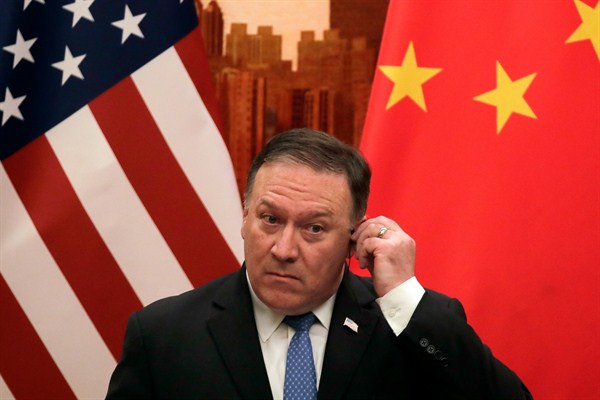Following last week’s summit with North Korean leader Kim Jong Un, U.S. President Donald Trump trumpeted the potential for economic development in a country that most of the world has long considered a pariah. “Think of it from a real estate perspective,” Trump said, suggesting that instead of building nuclear weapons and ballistic missiles, North Korea could have “the best hotels in the world.”
While it is easy to attribute this seemingly peculiar position to Trump’s inexperience at statecraft, it actually runs deeper than that. It is one more manifestation of the enduring difficulty Americans have understanding how other cultures see their own security, a misperception that did not originate with Trump but is reaching crisis levels under his presidency.
The political culture of the United States is based on two big ideas: that government exists to service the interests and advance the welfare of the citizenry as a whole; and that government’s top priorities are to maximize individual freedom and prosperity, or at least the opportunity for prosperity. What Americans sometimes forget is that the conditions that allowed these ideas to take root are not universal.

